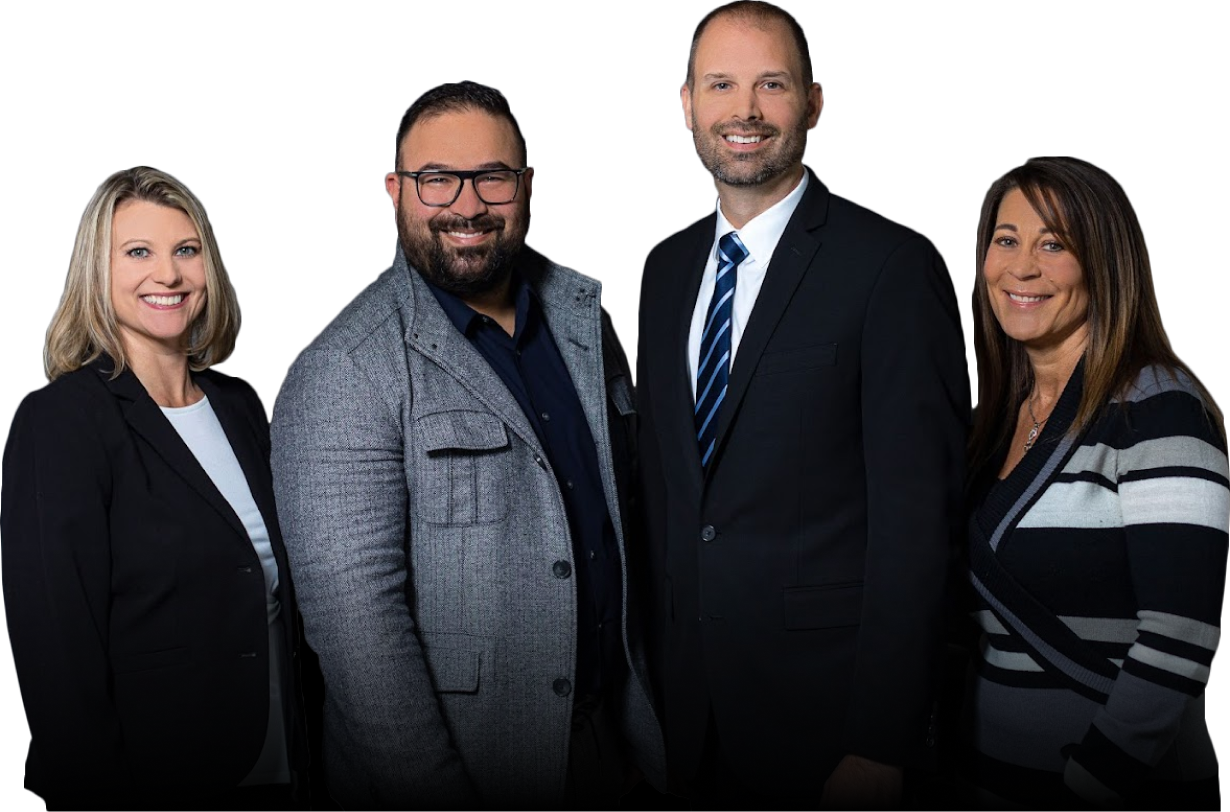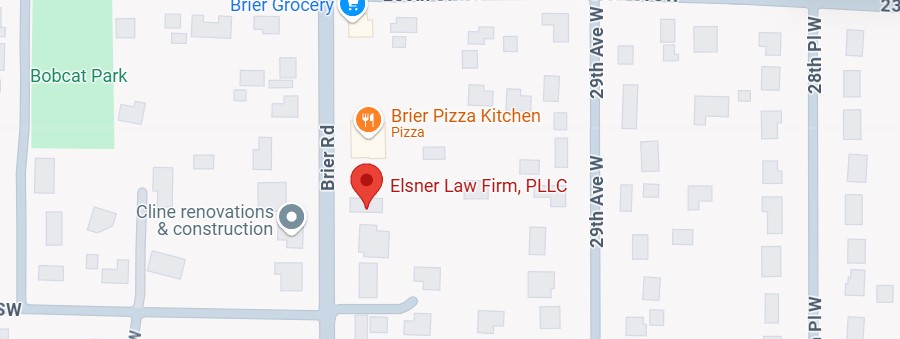Your Rights and Responsibilities When Injured on a Plane
Despite all the mandated federal safeguards, seat belts, and pre flight lectures, a large number of passengers still suffer a wide variety of injuries on airplanes as a result of things such as everyday slips, falling luggage, and turbulence.
Injuries can be caused by several different hazards on airplanes, including
- falling luggage
- sliding beverage carts
- burns from hot liquids
- cuts from exposed metal
- slips, trips and falls,
- turbulence accidents
- negligence to act in medical emergencies
- and many more
Who Is At Fault?
Airlines and air carriers are held to a high standard of care for their passengers. They are governed by the Federal Aviation Act, which requires that carriers exercise a high standard of care. Although an airline is not an insurer of a passenger’s safety, it is responsible for even the slightest negligence on the part of its employees, and is required to do all that is reasonable under the circumstances to prevent injuries from happening. However, an injury in and of itself is not enough to conclude that the airline was negligent. There must be some minimum showing that the airline was at fault.
You’ve Been Injured On An Aircraft, What Do You Do First?
If you or someone you know has been the victim of a general aviation accident:
- Always tell a crew member you are injured and seek medical attention.
- Avoid making statements or signing anything until you speak with an airline injury lawyer, (providing information without legal representation could damage your rights to compensation.)
- Document your injury and pay attention to how the crew behaves in the aftermath.
- Ask yourself: Did they offer first aid?
- Did they take steps to obtain medical attention in a timely manner?
- Did they reasonably accommodate your needs?
If the answer is no to any of the last questions, you will want to contact the experts at Elsner Law Firm. Most airlines and commercial vessels follow a standard of care when handling onboard injuries. One of our trusted attorneys can help you determine if the crew acted appropriately under the circumstances of your accident.





